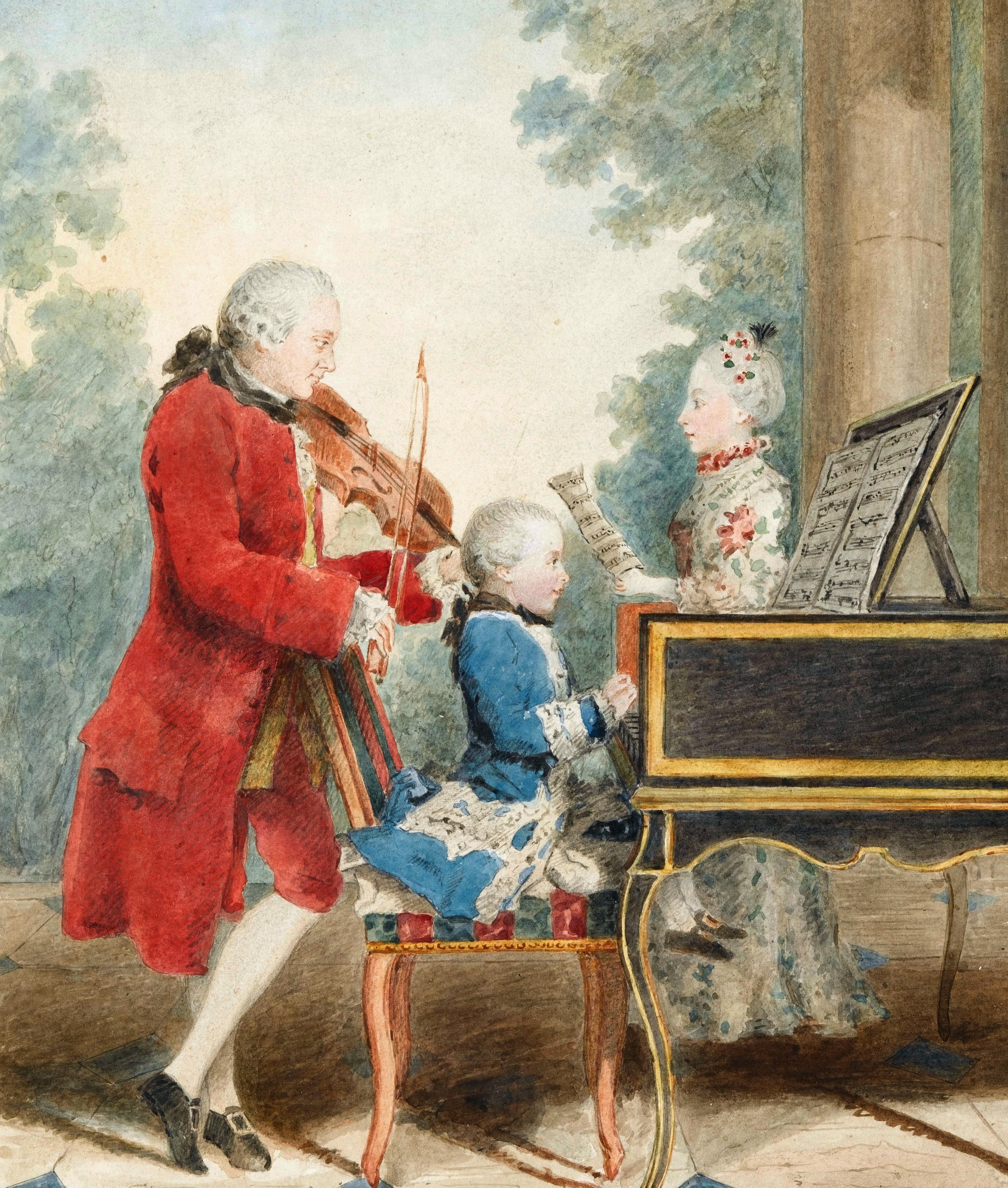History of Classical Music
- Introduction to Classical Music
- The Medieval Period (500-1400)
- The Renaissance Period (1400-1600)
- The Baroque Era (1600-1750)
- The Classical Period (1750-1820)
- The Romantic Period (1820-1900)
- The 20th Century (1900-2000)
- Modernism in Music
- Postmodernism in Music
- Women in Music
- Contemporary Music
- The Intersection of Classical Music & Pop Culture
The Classical Period (1750-1820)
The Rise of Instrumental Music in the Classical Period

Genre of Western music (c. 1730–1820).
The Classical Period, spanning from 1750 to 1820, was a time of significant change in the world of music. One of the most notable shifts was the rise of instrumental music. This unit will delve into the importance of instrumental music during this period, the development of the piano, and the role of orchestras and the evolution of conducting.
The Importance of Instrumental Music
During the Classical Period, instrumental music began to take precedence over vocal music, a shift from the Baroque era. This was a time when the rules and structures that define classical music were codified, and instrumental music played a significant role in this. The sonata, symphony, concerto, and string quartet became the main forms of music, all of which are instrumental.
Instrumental music allowed composers to express a wide range of emotions and ideas without the constraints of text or lyrics. This freedom led to the development of new musical forms and structures, and the exploration of new harmonic and melodic possibilities.
The Development of the Piano
The piano, invented around the beginning of the Classical Period, quickly became the most important keyboard instrument. Its ability to play both loud and soft (hence its original name, the "pianoforte") made it ideal for the expressive style of the Classical Period.
The piano's popularity led to the development of the piano concerto and the piano sonata, two of the most important forms of Classical music. Composers like Mozart and Beethoven wrote extensively for the piano, and their works are still some of the most performed and studied pieces of Classical music.
The Role of Orchestras and the Evolution of Conducting
The Classical Period also saw the standardization of the orchestra. The orchestra grew in size and range, and the role of the conductor became more important. The conductor's role was to keep the orchestra in time and to shape the performance through tempo changes, dynamics, and expressive gestures.
The orchestra became the primary vehicle for the symphony, one of the most important forms of Classical music. Composers like Haydn, Mozart, and Beethoven wrote symphonies that explored the full range of the orchestra and pushed the boundaries of what was possible in music.
In conclusion, the rise of instrumental music during the Classical Period was a significant development in the history of music. It led to the creation of new musical forms, the development of the piano, and the standardization of the orchestra. These developments continue to shape the world of music today.